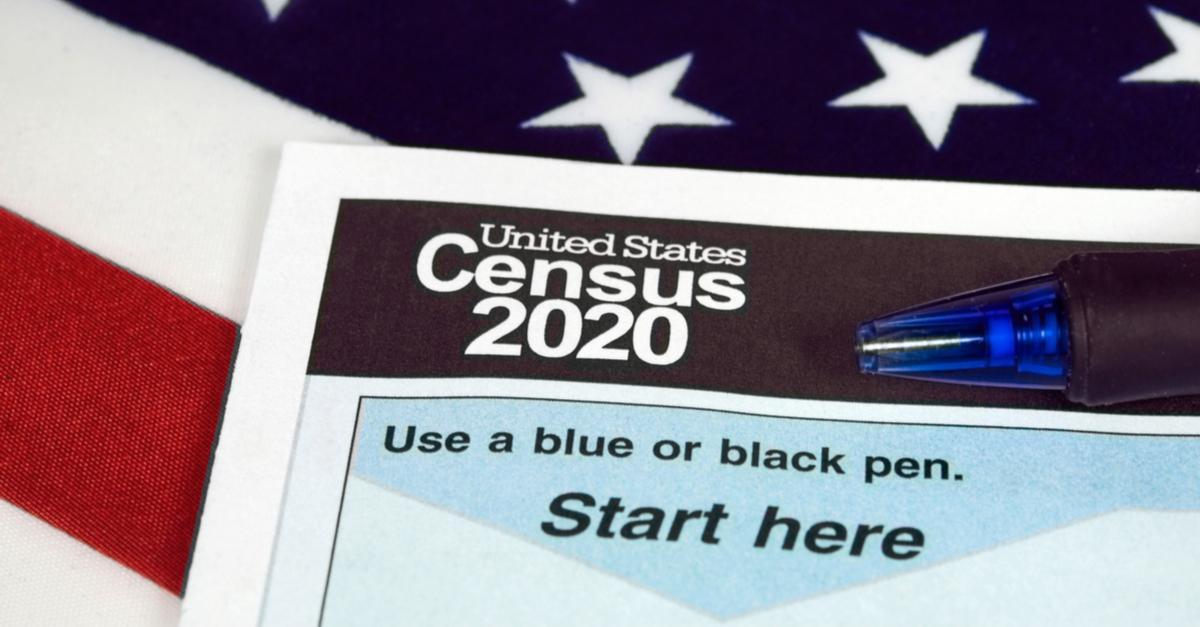We talk a lot on these pages about how data quality affects your business. But once in a while, we also feel it is important to look at how data quality affects society as a whole. And one of the best examples of this in recent memory is the upcoming 2020 United States Census.
Every 10 years, the United States goes through a demographic headcount of its inhabitants. The results of this survey are pretty far-reaching, involving everything from how the Federal government allocates more than $600 billion in funding to who represents you in Congress. But this year, for the first time ever, technology and data quality loom among the biggest issues facing the next Census.
2020 census data quality doubts
These concerns are serious enough that the American Academy of Family Physicians, a healthcare advocacy organization, recently introduced a resolution entitled “Maintaining Validity and Comprehensiveness of U.S. Census Data” that has now been accepted by the American Medical Association together with other healthcare groups. It breaks down a number of data quality concerns currently facing the Census, including the following:
- This will be the first year that a majority of responses are planned to be collected online, introducing possible sources of data error.
- Sampling and data quality errors may disproportionately affect vulnerable populations subject to health care disparities, such as minorities and women.
- In addition to human and data errors, there are concerns that mistrust of technology and privacy may prevent some people from completing the Census survey.
- Above all, there are concerns over the impact of scaled-back funding for the 2020 Census, together with the departure of its director, in terms of how this will affect preparations for new technologies and survey methods.
Where data and politics converge
It isn’t just stakeholders like healthcare providers who are raising a red flag about the next Census: the government itself shares many of the same concerns. In its 2020 Census Operational Plan, the U.S. Department of Commerce points to data quality as one of its key program-level risks, stating that “If the innovations implemented to meet the 2020 Census cost goals result in unanticipated negative impacts to data quality, then additional unplanned efforts may be necessary in order to increase the quality of the census data.”
This is a case where political issues also intersect with data concerns: in addition to the ongoing battle over funding levels for the 2020 Census, others have raised concerns over a proposed new citizenship question that is potentially a hot button for areas with large Hispanic and immigrant populations. According to the Brookings Institute, both of these issues may have far-reaching impacts on the quality of this next decennial Census, and recently the Attorney Generals of several states drafted a joint letter raising these as potential quality issues.
The impact of contact data quality
Finally, in an area near and dear to our hearts, the 2020 Census serves as an example of where contact data quality will have a huge impact on both costs and quality – because many addresses change over the course of a decade, and the current practice of canvassing non-responders on foot (up to six times) can be costly, time-consuming and error-prone. In 2015 the government responded to this issue by conducting address validation tests across a limited population sample, and to be fair, they must also contend with many non-standard locations (such as people living in basements, illegally subdivided units, or homelessness). But clearly, accurate address validation and geolocation will loom larger than ever for the census of the future.
These concerns are examples of some of the potential social impact of data quality issues, as society bases more of its decisions and funding choices on collected data. At a deeper level, they point to a world where data scientists may even ultimately have as much impact on these social issues as politicians and voters do. Either way, technology is playing more of a role than ever in social change.
The takeaway for all of us – in business, and increasingly in life itself – is that our world is increasingly becoming data-driven, and paying strategic attention to the use of this data is going to become progressively more important over time. And in the near future, this will include making sure that every American is accurately and properly counted in the next Census.













